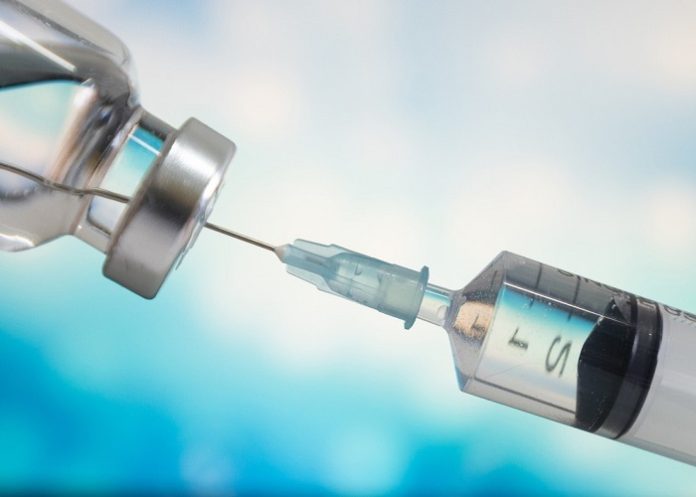A recent analysis has shown that the long-acting injection for HIV prevention – lenacapavir – could be made for as little as $25 per person per year, potentially transforming global efforts to end the HIV epidemic, reports the European Aids Treatment Group (EATG).
Lenacapavir, administered just twice a year, has been shown to reduce HIV transmission to nearly zero, but the exorbitant cost remains a major barrier to access, with Gilead Sciences currently pricing it at more than $28 000 per person annually in the US market.
The new analysis, says Joseph Fortunak, lead author and Professor at Howard University, along with co-author Andrew Hill (University of Liverpool) and a global team of researchers, emphasises the potential for lenacapavir to be a highly cost-effective intervention in the fight against HIV.
It also demonstrates that generic production costs are dramatically lower, paving the way for broader accessibility if patent barriers are overcome.
Widespread access
Published in The Lancet, the study, supported by the Make Medicines Affordable campaign, examined current prices of key starting materials and projected the cost of the active pharmaceutical ingredient using the most efficient synthesis routes. Factoring in formulation and a reasonable profit margin, the researchers estimate that lenacapavir could be manufactured and delivered for $35-$46 per year at a volume of 2m treatments annually – and as low as $25 per year if scaled to 5m to 10m people.
“We are at a moment where we could see the virtual elimination of HIV infections, but only if the drug is made affordable and widely available,” said Hill, Senior Visiting Research Fellow at Liverpool University and a leading advocate for HIV treatment access.
Current deals leave millions behind
While Gilead has signed voluntary licences with only three generic manufacturers to supply low-cost lenacapavir to 120 lower-income countries, major regions with significant HIV burdens – like parts of Eastern Europe, Central Asia, and most of Latin American countries – remain excluded. This leaves millions without access to this promising prevention tool.
“The licensing deals exclude some of the countries with the highest rates of new infections,” Hill warned. “Governments need to recognise that they have the power to negotiate fair prices or consider compulsory licenses to protect public health.”
Advocates and experts have described the current pricing as “utterly unaffordable” and a threat to public health.
Professor Andrew Grulich from the Kirby Institute called Gilead’s pricing “absolutely crazy”, saying no health system can afford to implement lenacapavir widely at current prices.
“Prevention drugs must be priced to reach as many people as possible – they cannot be treated like luxury therapies,” he said.
Call for urgent global action
The study underscores the potential for generic lenacapavir to match or even undercut the price of existing oral PrEP regimens. With support from global health funders, pooled procurement strategies could slash costs and accelerate manufacturing at scale.
“Scientifically, lenacapavir is the closest thing we have to a vaccine for HIV. But without affordable access, this breakthrough risks becoming a public health tragedy rather than a triumph,” said Hill.
The analysis calls on governments, civil society organisations, and global funders to take bold, collective action – to demand fair pricing, remove patent barriers, and ensure no one is left behind in the fight to end HIV.
EATG article – New analysis exposes path to affordable lenacapavir for HIV prevention (Open access)
See more from MedicalBrief archives:
‘Game-changing’ lenacapavir roll-out hangs in the balance
Appeal for cost of generic long-acting HIV drug to be lowered
Efficacy of six-monthly anti-HIV jab confirmed in second study

